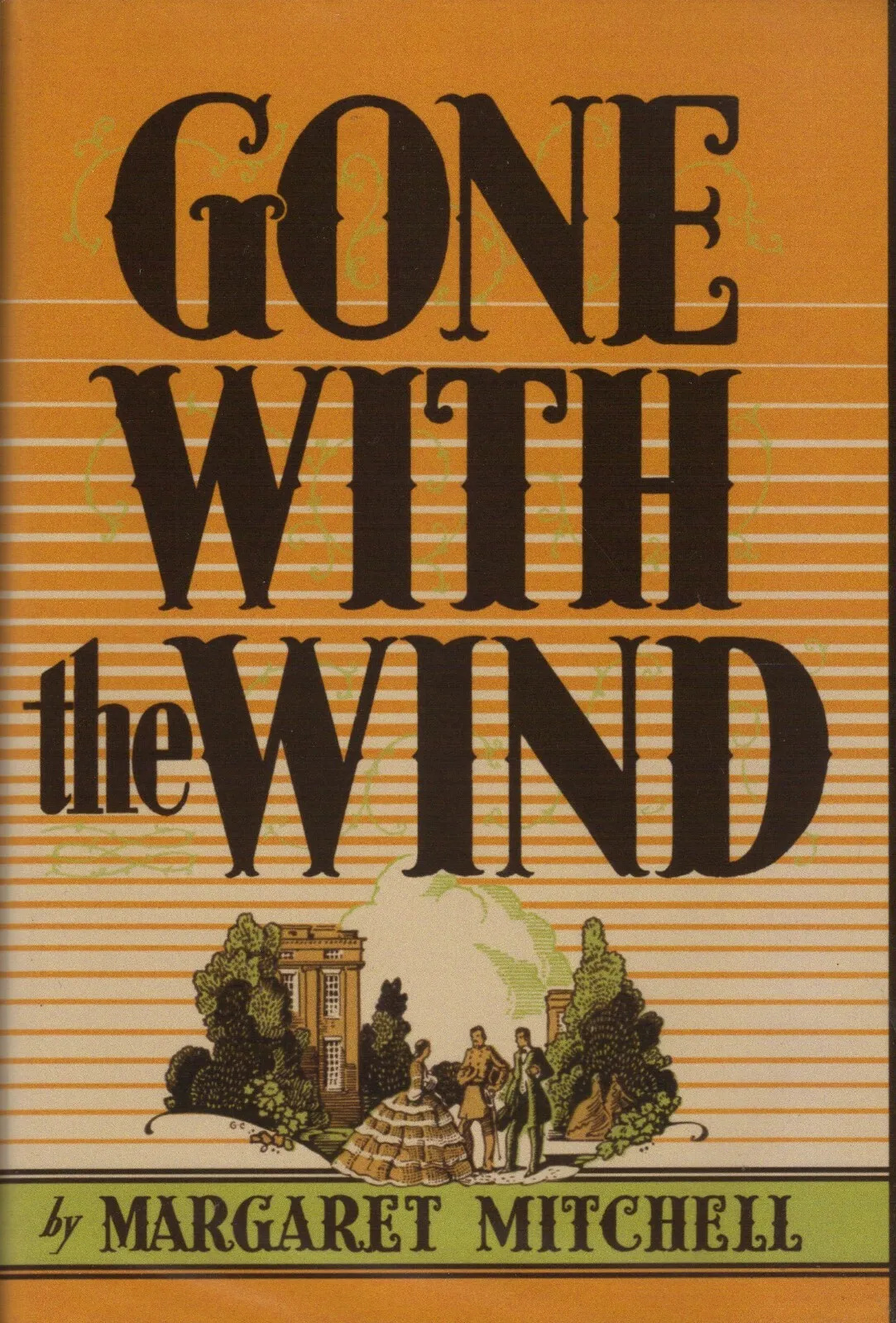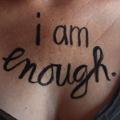Well, that was a wild ride, wasn't it?
4 stars
I'm not sure if I was supposed to like Scarlett O'Hara. I definitely DIDN'T like her, but it's such a mammoth book, to spend all that time loathing the main character, I wondered if I was supposed to like her, at least a bit. However, she's so unspeakably selfish, never kind unless she can get something she wants by feigning kindness, and unimaginably dense about what anyone else might be thinking or feeling, never mind why. Dense, but also, utterly disinterested.
I found Rhett Butler a much more interesting character. He shares many of her quirks, but he has vastly greater understanding, compassion and potential for kindness than she does. He's a proper anti-hero - he does terrible things, but also great things, an enigma of a man, whom Scarlett would have done well to study properly, instead of skimming over him as if he was as shallow as she …
I'm not sure if I was supposed to like Scarlett O'Hara. I definitely DIDN'T like her, but it's such a mammoth book, to spend all that time loathing the main character, I wondered if I was supposed to like her, at least a bit. However, she's so unspeakably selfish, never kind unless she can get something she wants by feigning kindness, and unimaginably dense about what anyone else might be thinking or feeling, never mind why. Dense, but also, utterly disinterested.
I found Rhett Butler a much more interesting character. He shares many of her quirks, but he has vastly greater understanding, compassion and potential for kindness than she does. He's a proper anti-hero - he does terrible things, but also great things, an enigma of a man, whom Scarlett would have done well to study properly, instead of skimming over him as if he was as shallow as she was.
The story of the American Civil War isn't one I'm particularly familiar with, and I'm not sure the way it was presented in this book has added much to my education. Sure, all wars are terrible, civil wars are generally worse, and being on the losing side rarely turns into a barrel of laughs. But whether the unmitigated awfulness of "Reconstruction" in Georgia was truly as bad as it's depicted, I'll never know. Certainly, Wikipedia has skimmed over some of the details, and I suspect that eventualities described as rife in the book, probably happened, but with much less frequency than is suggested.
It is a very, very racist book. It's major social commentary points are: 1) it is the station in life of black people to be enslaved, because black people are children who must be managed carefully, and not be trusted with their own agency; 2) good black people would stay with you even if they were emancipated, proving that you had clearly been a good slave owner, and that their emancipation was a mistake that they'd had the good sense to reject; 3) Yankees are more racist than Confederates, because they want to see enslaved people freed, but then don't wish to hire them for paid work; 4) The stifling, oppressive upper class society of the pre-war South is good, and to be mourned, even, in the end, by Scarlett and Rhett, who railed against it, and whom, arguably, were set on paths of misery and failure by that very system, before the war ever came.
Anyway, all credit to Margaret Mitchell, who manages to write compelling characters I somehow care about, even though they're dreadful people, and whose blatant and horrifying racism doesn't get in the way of what is, in fact, a gripping story.
Not for the faint hearted.


